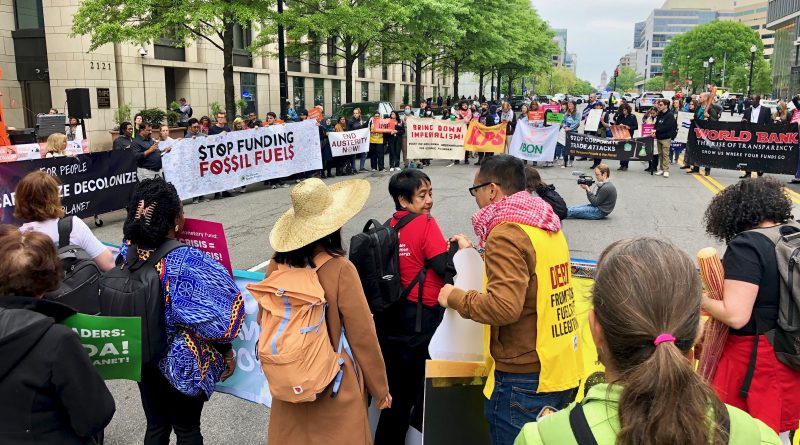Worst Debt Crisis in History
One of the major obstacles to solving the global climate crisis is the extreme debt crisis in much of the Global South. Just when the whole world needs nations in the Global South to participate in addressing the climate crisis, many of these nations are hobbled by impossibly high levels of debt.
The Pope’s message to a recent debt crisis meeting was reportedly, “The world’s poorest countries are being crushed by unmanageable debt and richer nations need to do more to help.”
This is more than a debt and climate crisis, of course. This is a crisis in health, education, and basic living standards, too. Across 144 developing countries, debt service is absorbing an average of 41.5% of government revenues. In the first quarter of this year in Nigeria, servicing the national debt consumed 74% of all federal government revenue. How can any nation function under such circumstances?
Read more


